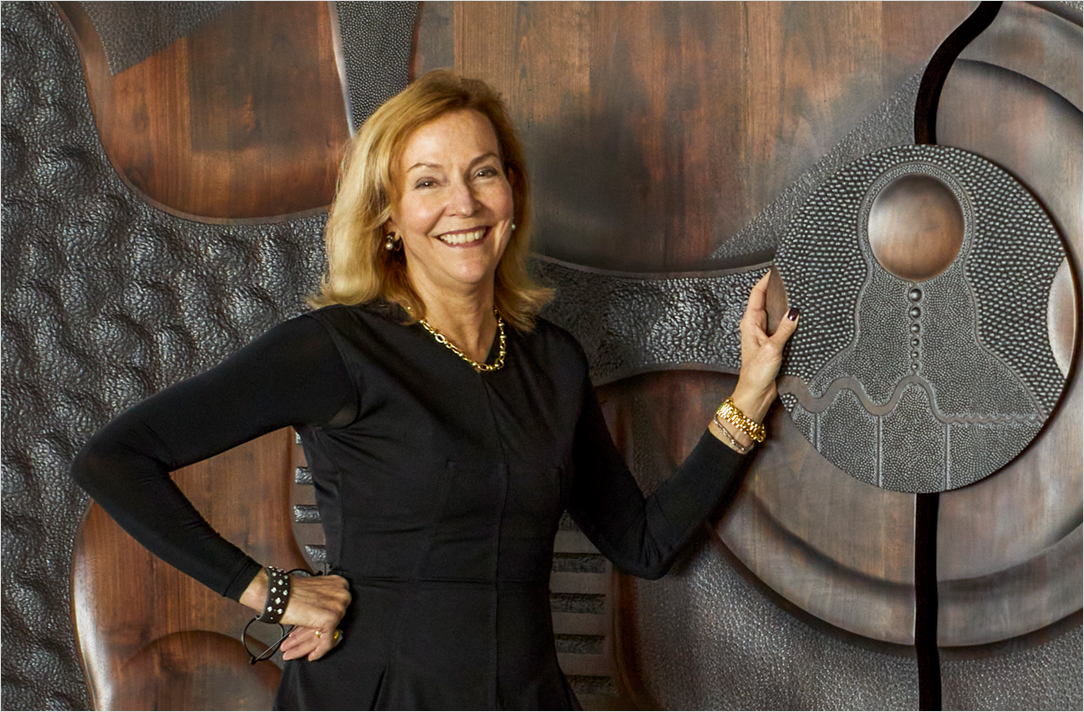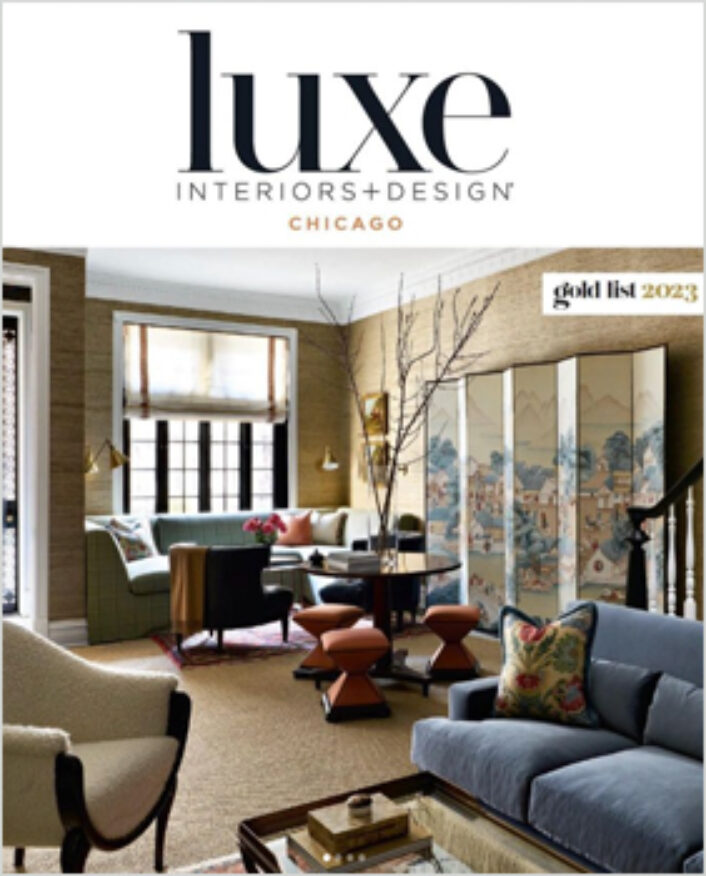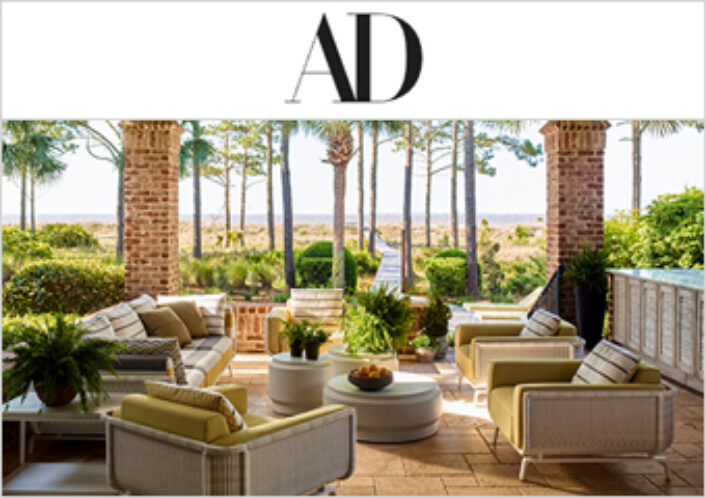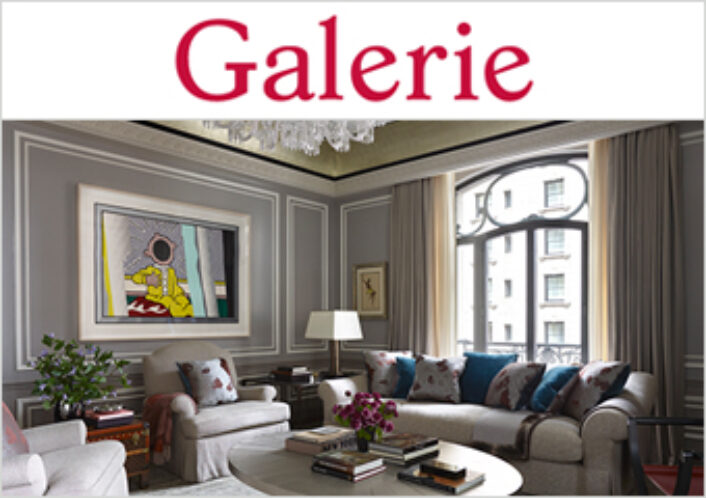Business of Home Podcast June 2023

For Suzanne Lovell, ‘architecture is a language’
Chicago interior designer and architect Suzanne Lovell has been using the language of spaces to guide her work for nearly 30 years. Tasked with transforming a neglected local mansion into a family’s weekend and summer home in the early 2000s, Lovell used the history of the property to drive the project’s direction. “The philosophy of architecture has made me realize [that] you need parameters, and your client needs parameters,” Lovell tells host Dennis Scully on the latest episode of The Business of Home Podcast. “We use the language of the exterior to create the language of the interior. … It’s about pulling it all together in a functional environment that has a consistent language.”
After completing her bachelor’s degree in architecture at Virginia Tech, Lovell began her career at architecture firm Skidmore, Owings & Merrill in Chicago in 1980. Five years later, she launched her eponymous firm, embarking on decades of acclaimed projects that have won Lovell national and international design awards, and landed her on the AD100 list and in the Chicago Merchandise Mart Hall of Fame.
Along the way, Lovell has also become an expert in sustainable design. In 2004, she partnered with hand-weaver Sam Kasten to launch Twill Textiles, a company focused on bringing the complexities of hand-woven textiles into machine-made textiles without the noncarcinogenic dyes. The message around sustainability didn’t resonate with the industry, and Twill Textiles eventually became part of home brand Rose Tarlow during a complicated series of acquisitions. “That’s why the dyers and the spinners and all of those people who facilitated the incredible craft of textiles are just disappearing—there isn’t enough of a role in caring about beautiful textiles,” says Lovell. “It’s a big challenge to get that message across because there are so many stipulations about fireproofing and all the testing that textiles go through, and it’s actually really upsetting that our industry can’t do more to fix that.”
Today, Lovell operates a busy firm in Chicago—which now includes a fine art collection advisory—and is back in school working toward a practice-based Ph.D. to expand and deepen her skills. “We’re all trained to present and to talk about our ideas or share an image—those are our tools and they support us all the time,” says Lovell. “But [my new studies have] gone into social and emotional intelligence because [my professors are] trying to get at the idea of, ‘How do you support your client and have them feel that trust and confidence?’”
Elsewhere on the podcast, Lovell shares what changed her mind about using renderings, why she eschews remote work whenever possible, and how she pushes her vendors to do their best work.
By Lizzy Reisinger
Use the link below to listen to the podcast!


